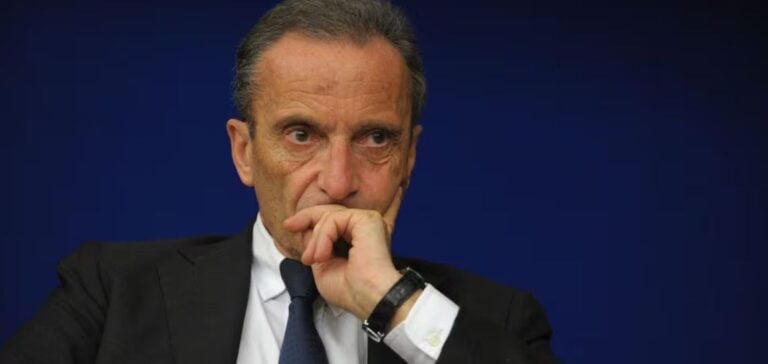Henri Proglio, former CEO ofEDF, already on trial in May for disputed contracts during his term of office, is the subject of a new investigation into allegations of corruption and misuse of corporate assets, a judicial source revealed on Tuesday. Henri Proglio’s home and office, located in a building belonging to EDF in the 8th arrondissement of Paris, were searched on September 14, 2023. This action is part of a preliminary investigation launched at the end of 2022 by the National Financial Prosecutor’s Office (PNF), following a Tracfin tip-off.
Offences covered and evidence gathered
The investigation targets serious charges such as corruption, corruption laundering, abuse of corporate assets, and tax fraud laundering. Notably, 300,000 euros in cash were found in a bank safe, intensifying suspicions about Henri Proglio Consulting’s activities.
International contract context
The investigators are particularly interested in the consulting contracts Proglio has won in Russia and Congo-Brazzaville. These contracts are examined to determine the legality of their procurement and the source of funds.
Legal and defense implications
Henri Proglio, along with his former General Secretary at EDF, Alain Tchernonog, and a dozen consultants, will be tried for favoritism by the criminal court from May 21 to June 6. Six other consultants have already been convicted since the beginning of 2023 in connection with this case, in court appearances based on prior recognition of guilt (CRPC).
Reactions and future challenges
Despite the accusations, Henri Proglio remains a member of Rosatom’s international board. His lawyer, Jean-Pierre Mignard, said he could not comment on the ongoing investigation, as he did not have access to the complete file.
The Proglio affair reveals the complexities and challenges of fighting corruption in the upper echelons of French public companies, raising questions about ethics and governance in key sectors.






















